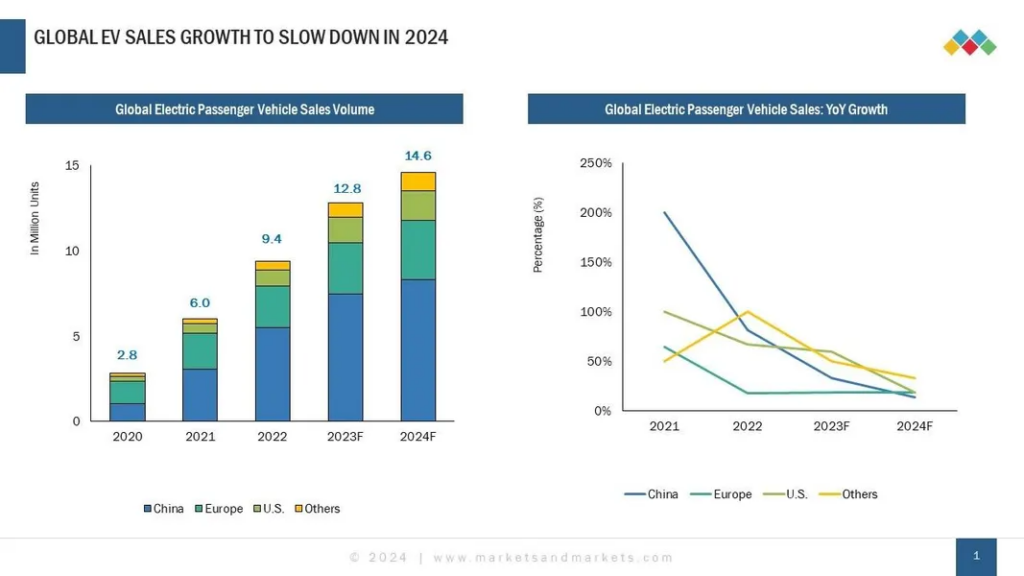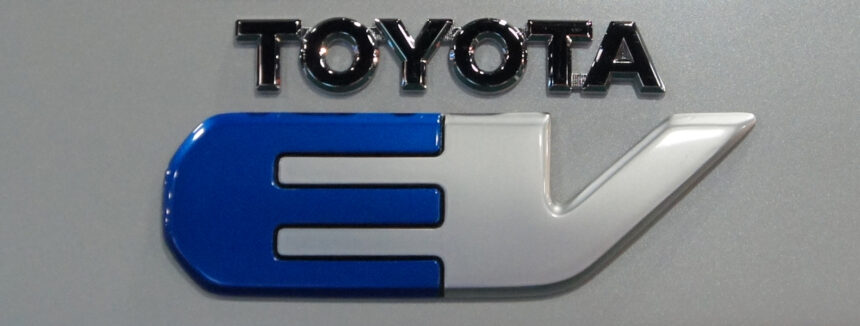Toyota is ramping up its efforts in the electric vehicle (EV) market with an expansion of production capabilities at its Indiana factory. The expansion signifies Toyota’s commitment to sustainability and innovation in automotive technology.
What’s Happening & Why This Matters
Toyota announced a $1.5 billion investment to enhance its production line in Princeton, Indiana. This expansion is targeting increasing the output of electric and hybrid vehicles. The decision to expand in Indiana is strategic — tapping into the factory’s existing infrastructure and skilled workforce. The enhancements should significantly increase Toyota’s capacity to produce EVs which aligns with the growing demand for environmentally-friendly transportation options. Other expected ramifications of the investment includes:
- Job Creation: The expansion is expected to create hundreds of new jobs at the factory, contributing to local economic growth.
- Reduction in Carbon Footprint: Boosting EV production; Toyota aims to reduce the carbon footprint of its vehicles, supporting global efforts against climate change.

This initiative positions Toyota as a EV market leader. It reinforces the company’s legendary commitment to quality by replacing traditional combustion engines with more sustainable alternatives over the coming decades. “Expanding EV production aligns with global environmental goals and reflects Toyota’s adaptability in a rapidly evolving market,” explains an automotive industry analyst.
TF Summary: What’s Next
The expansion of Toyota’s Indiana factory is a clear indicator of the automotive giant’s strategy to lead in the transition to electric vehicles. As the facility gears up for increased production, the industry and consumers alike anticipate new models that promise enhanced efficiency and lower emissions. This development is expected to spur further innovations within the sector, as competitors and collaborators alike respond to Toyota’s bold strides. The future of automotive manufacturing, particularly in the realm of EVs, looks increasingly dynamic and driven by sustainable practices.


